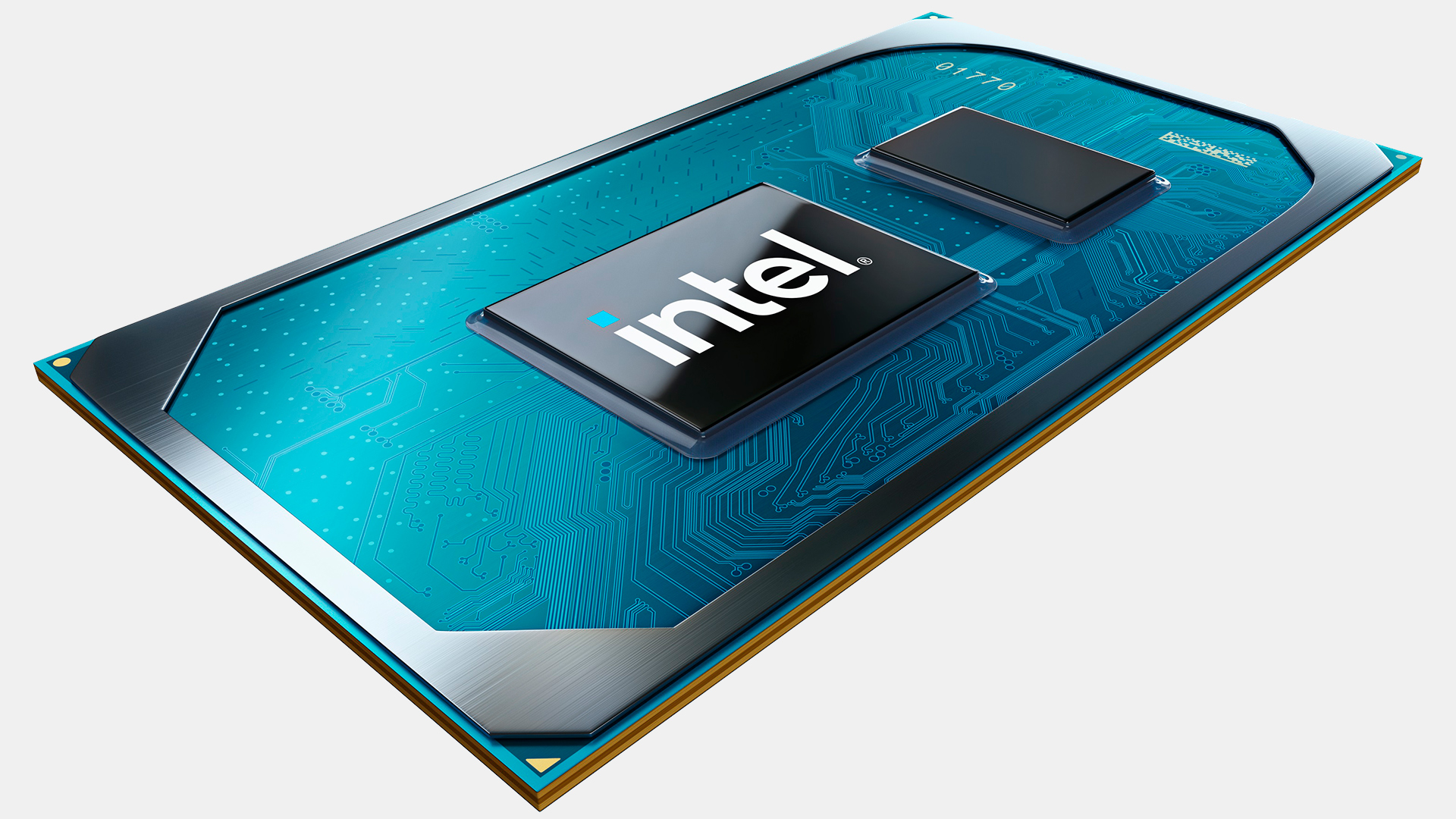Today saw new test results being published for an as-yet-unannounced Intel CPU, and the results are low enough compared to what’s already on the market to make us wonder what Team Blue’s plan is here.
Puget Systems, a well-known maker of PCs and workstations that also publishes benchmark results for exotic hardware in real-world applications, has revealed some early test results of Intel’s unannounced Core i7-1195G7 processor. The CPU might be Intel’s ‘off-roadmap’ semi-custom offering available to select clients, or a member of its yet-to-be-unveiled Tiger Lake Refresh family.
The 11th Gen Core i7-1195G7 processor is a quad-core CPU based on the Willow Cove architecture that is equipped with Intel’s Xe-LP GPU with 80 or 96 execution units. The chip has the same capabilities as all the other Core i7-11x5Gx ‘Tiger Lake’ products with an up to 28W TDP, but since it sits above the current flagship (the model i7-1185G7), it likely has higher base and boost clock frequencies.
Puget Systems tested a PC based on the Intel Core i7-1195G7 clocked at 2.90 GHz, which is a bit of an odd frequency as the current flagship Core i7-1185G7 has higher a TDP-up frequency of 3.0 GHz. Therefore, it is not really surprising that the i7-1195G7-powered system nicked a slightly lower score (859 overall, 94 active, 77.8 passive) than Puget’s i7-1185G7-based PC (868 overall, 93.4 active, 80.2 passive) in PugetBench for Lightroom Classic 0.92, Lightroom Classic 10.2. Both systems were equipped with 16GB of LPDDR4X-4266 memory.
At this point, we don’t know whether Intel’s planning a full-blown Tiger Lake Refresh lineup with higher clocks and some additional features, or just plans to fill some gaps in the Tiger Lake family it has today. Last year, Intel planned to release versions of its Tiger Lake processors with LPDDR5 support, which would be beneficial for integrated graphics. But cutting clock speeds on such CPUs would be a strange choice.
From a manufacturing perspective, Intel can probably launch speedier versions of its TGL CPUs. Like other chipmakers, Intel performs continuous process improvements (CPI) through the means of statistical process control (SPC) to increase yields and reduce performance variations. With tens of millions of Tiger Lake processors sold, Intel has gathered enough information on how it can improve yields and reduce performance variability, which opens doors to frequency boosts. Furthermore, Intel has quite a few model numbers left unused in the 11th Gen lineup, so introducing new parts might be just what the company planned originally.
Since the Core i7-1195G7 has not yet been launched, Intel has declined comment about this part, even though it clearly exists in the labs of at least some PC makers.
